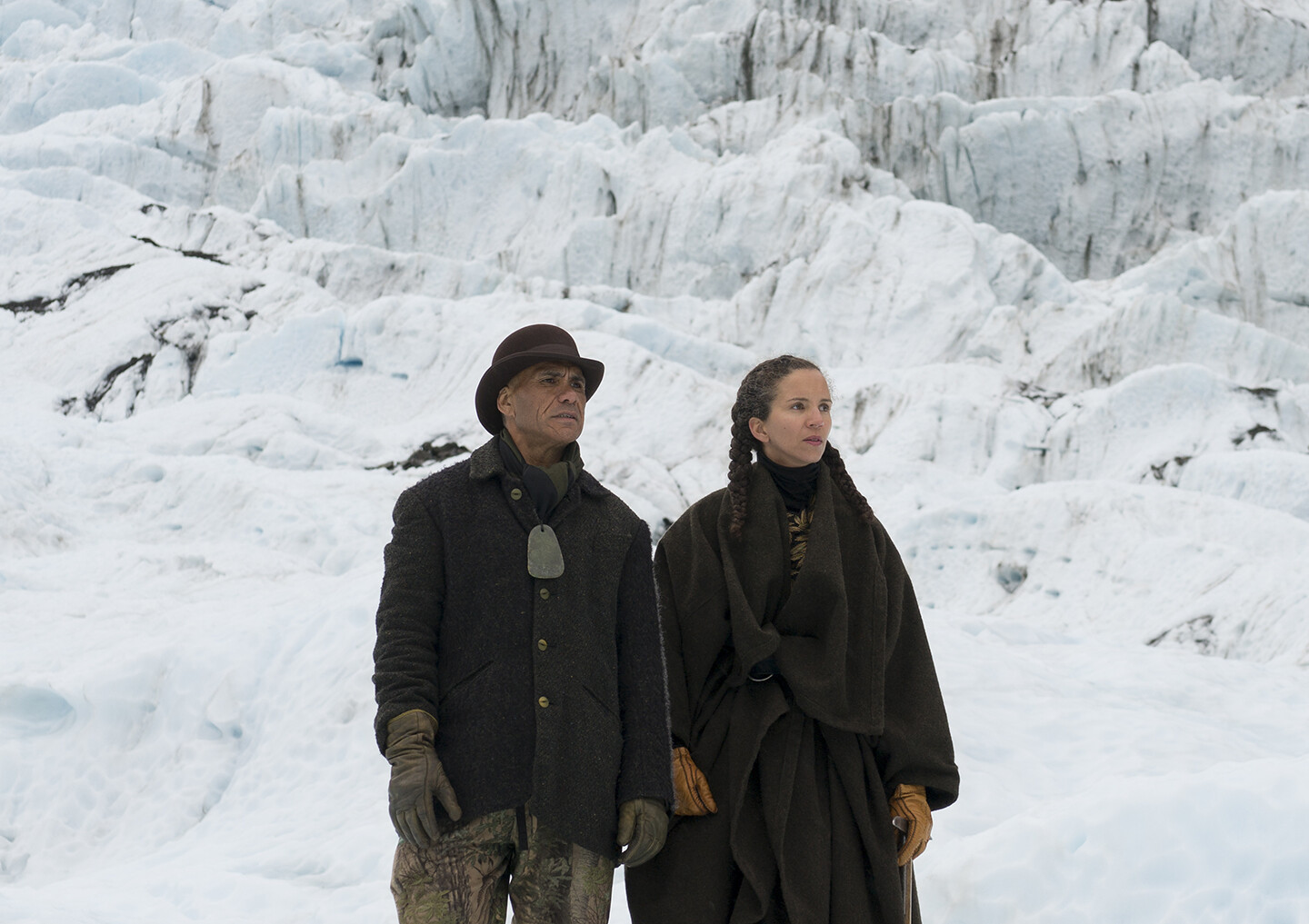November 7–30, 2023
P74 Gallery
Trg prekomorskih brigad 1
SI- 1000 Ljubljana
Slovenia
Hours: Monday–Friday 12–6pm
T +386 40 370 199
p74info@zavod-parasite.si
Artists: Tal Adler, Marie Blum, Noa Gur, Sasha Huber, Tadej Pogačar, Sam Richardson, Merete Røstad, Simona Schneider, Sašo Stanojkoviḱ, Esther Strauß, Virgil B/G Taylor.
Zavod P.A.R.A.S.I.T.E. is pleased to announce the opening of the exhibition Sorry, the Hardest Word? curated by Suzana Milevska that will take place in the frame of the celebration of its 30th anniversary at the P74 Gallery in Ljubljana.
Sorry, the Hardest Word? presents artistic endeavours predicated on the urgent need to ponder the complex phenomenon of apology, and what should come after apologising. The exhibition points to the potentialities of various artistic practices for challenging the protocols of political, institutional, collective, or interpersonal apologies. One of the pivotal propositions of Sorry, the Hardest Word? is that the participatory artistic strategies and initiatives such as the renaming, redistribution, boycotts, calls for divestment, reconciliation, and reparations can instigate new formats of apology and social transformation.
The invited artists and art projects (video essays, photographs, drawings, prints, and participatory installations) look at different apologetic narratives and psychogeographies, and phenomena and events that call for not yet issued apologies. The P74 Gallery will eventually be transformed into a kind of spatialised essay that will present the curator’s archive that consists of Apologoscapes—a participatory Spotify playlist, quotes of renowned apologies, and recorded video and written conversations.
An apology is mostly related to getting to terms with shame, guilt, and individual and collective memory of past traumas and ethical misconducts. Each “sorry” implicates the “apologising subjects” in a complex grid of relationships (e.g. of acceptance, ignoring, rejection) with the subjects to which they “apologise.” Therefore, questions such as who needs to apologise and who has the right to do it are as relevant as how to apologise without inducing ever more harm, hierarchies, and traumas.
Time and again, we witness how people fail while trying to issue an apology. Irrespectively of whether the apologising subjects are celebrities, academics, politicians, or ordinary people, they have something in common: either the difficulty of uttering the words “I am sorry”, or the easiness of issuing an apology—and making wrongful decisions of what to say or do next. The potentiality of an apology to instigate eventual amends is hindered by its own wording and contextual protocols. Thus, despite the promise of forgiveness and reconciliation, many apologies end as mere excuses, symbolic gestures, or in J. L. Austin’s terms: “unsuccessful speech acts”.
What many apologies have in common is that they are either long overdue or they went wrong, regardless of whether they were about the wrongdoings from the distant past—such are the Jewish, Roma and Sinti Holocaust, the genocides resulting from the 1990s wars in ex-Yugoslavia, and the related fall-outs (e.g. the “erased people” or “izbrisani”, who were removed from the official registers after Slovenia proclaimed its independence, or the current crisis in Kosovo), other atrocities of the colonial, Nazi, and communist past, or in the context of family and interpersonal conflicts, feminist debates, LGBTQI+, and #MeToo movement.
A cross-disciplinary seminar titled Apologoscapes: (Counter)productivities of apologies in politics, art, and institutional infrastructures—will take place on November 8, 2023 at the Institute of Culture and Memory Studies ZRC SAZU. The seminar’s co-curators Gal Kirn, Katja Kobolt, and Suzana Milevska invited academic researchers, artists, and curators to discuss the topic of apology from various perspectives. ZRC SAZU will host the seminar—in partnership with the Faculty of Arts, the University of Ljubljana, and Zavod P.A.R.A.S.I.T.E.
Sorry, the Hardest Word? is based on the project Ethical and Aesthetical Protocols of Apology, carried out by Suzana Milevska during her Research Fellowship in Art and Theory at Künstlerhaus Büchsenhausen in Innsbruck (2021–22).








